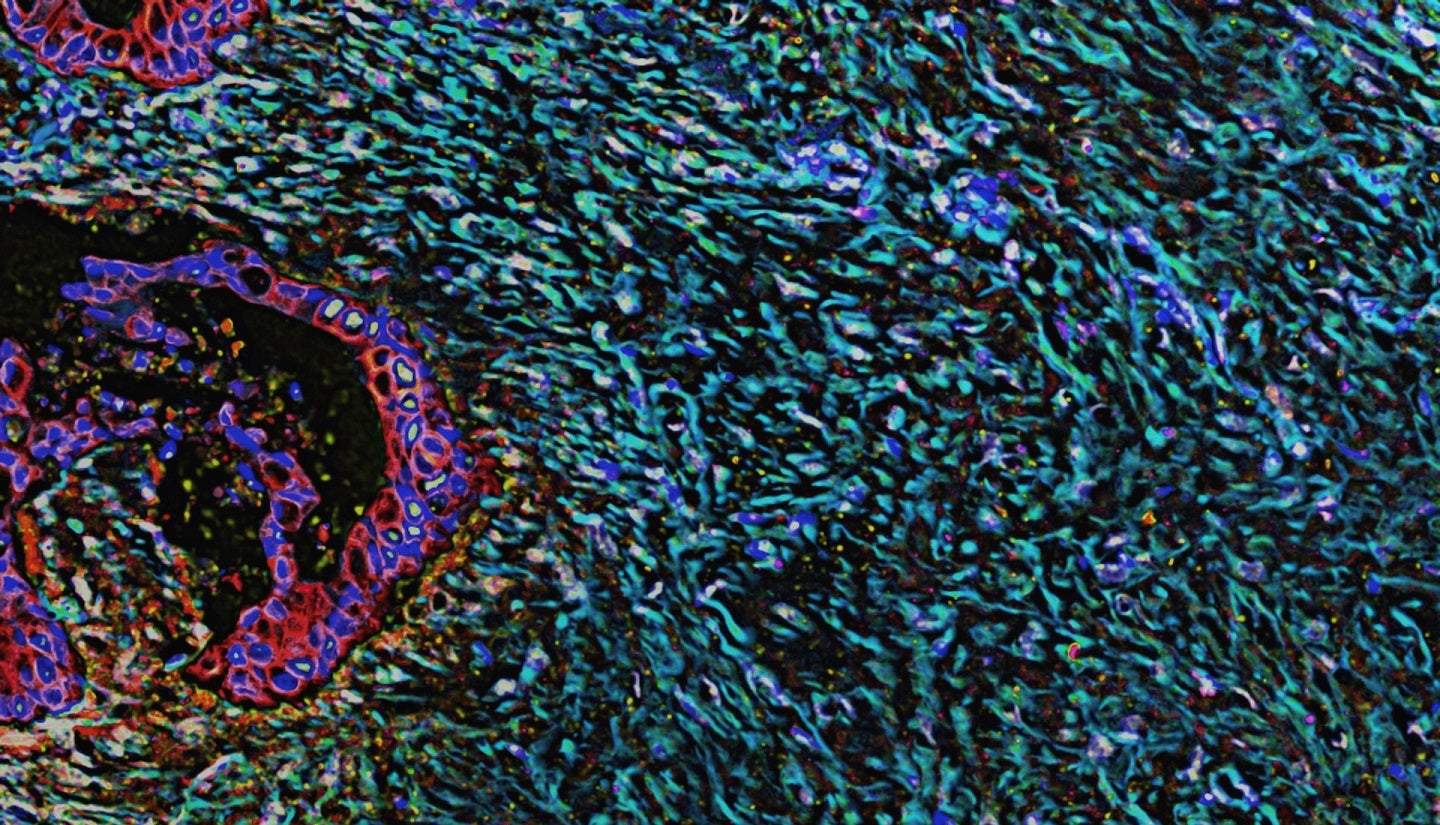
Targovax has announced the dosing of the first subject with TG01 in the combination clinical trial in the US with PD-1 checkpoint inhibitor (CPI) balstilimab in mutant RAS pancreatic cancer.
The first patient has been dosed with the vaccine at The University of Kansas Cancer Center.

Discover B2B Marketing That Performs
Combine business intelligence and editorial excellence to reach engaged professionals across 36 leading media platforms.
Gastrointestinal cancer expert Dr Anup Kasi is leading the trial of the cancer vaccine in a three-way clinical partnership between Kansas University Cancer Center (KUCC), Agenus, and Targovax.
The trial represents the first time a patient has received the improved TG01 vaccine with Agenus’ immune-stimulatory adjuvant QS-21 STIMULON.
It will randomly allocate 24 patients with pancreatic cancer to either receive the TG/QS-21 vaccination alone or the vaccination combined with PD-1 CPI balstilimab.
These patients have detectable tumour DNA in the blood following surgery and follow-up treatment.

US Tariffs are shifting - will you react or anticipate?
Don’t let policy changes catch you off guard. Stay proactive with real-time data and expert analysis.
By GlobalDataThe study is aimed at assessing whether mutant RAS T-cell responses generated by the vaccine, and further boosted by QS-21 STIMULON and balstilimab, can eliminate the remaining cancer cells to prolong time to relapse and extend the survival of patients.
Targovax chief medical officer Dr Lone Ottesen said: “Having the first patient dosed in the Kansas study represents a major milestone for our mutant RAS programme.
“It is the first time we test the TG01 cancer vaccine with adjuvant QS-21 STIMULON, the first time we combine TG01 with a PD-1 checkpoint inhibitor, and the first time TG01 enters the clinic in the US.
“The scientific rationale behind the study is solid, and we believe minimal residual disease after surgery in pancreatic cancer is the ideal setting to test it. If successful, this can provide the first RAS-targeted therapy in pancreatic cancer.”





